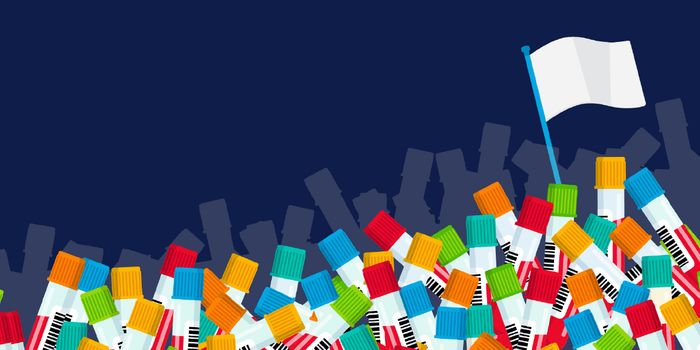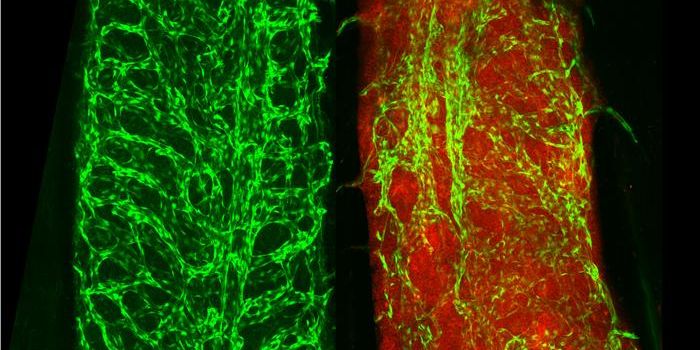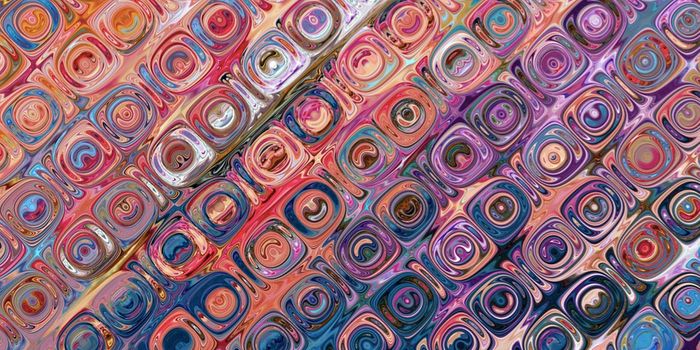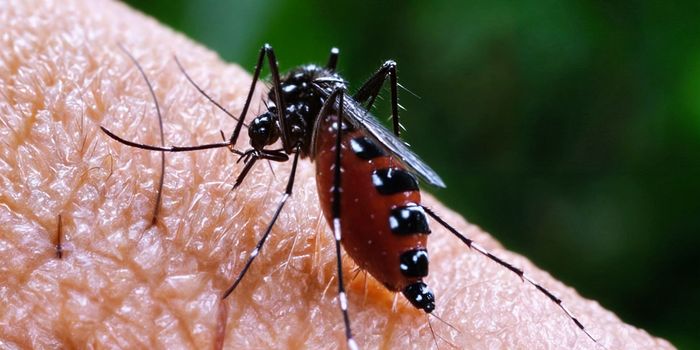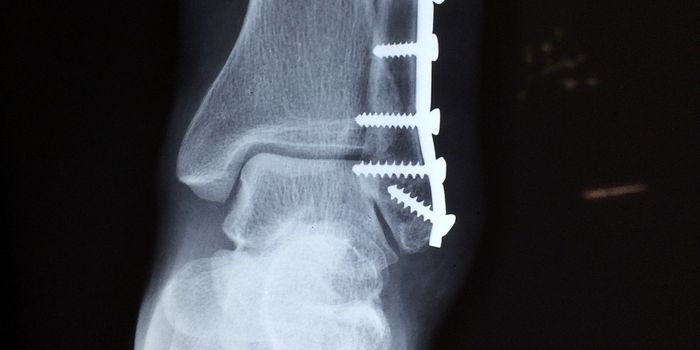How To Ship Your Lab Material Legally and Prevent Molecular Damage
 How To Ship Your Lab Material Legally and Prevent Molecular Damage
How To Ship Your Lab Material Legally and Prevent Molecular Damage
Written by Scott Weitze
Shipping biological and molecular samples comes with multiple complications. Important factors to consider include leak prevention, sample integrity, legal compliance, and protection from dry ice acidification.
1. Confirm container is certified to IATA/U.S. DOT/UN3373 requirements for shipping

2. Verify 95kPa certification testing included -40°C and +55°C temperature exposures

Importantly, a number of tube and container manufacturers may perform a portion of the 95kPa Test, and grant “full certification” to their shipping products, without performing the most critical component of the test: examining the ability of the tube/container to maintain a seal against a pressure differential during a large decrease and increase in temperature. The full 95kPa Test looks at seal integrity at room temperature, -40°C, and +55°C. A container certified to maintain a perfect seal at –40°C ensures the sample will not leak in the cold and depressurized conditions of an airplane cargo hold in flight. This critical and challenging component of many sample shipping paths and supply chains is too often ignored and can lead to catastrophic container failure and contamination. Testing container integrity at 55°C ensures that the elevated temperatures seen in truck cargo container shipping or equatorial locations will not adversely affect the container or sample during transport. In combination, the -40°C, and +55°C testing benchmarks ensure the container maintains robust function and sample integrity when shipping between lab locations.
When a container or tube states that it is “95kPa Certified”, you should ask for the protocol used or white paper that supports this claim. Again, many claims to 95kPa certified status have skipped the required temperature shift components of the experiment, are not actually certified, and put your sample integrity and shipping legality in jeopardy. Labcon® has performed full 95kPa certification testing on numerous products in their SuperClear® Specimen Collection and Transport Tubes, ProtectR® CO2 Resistant Transport Tubes, and SuperClear® centrifuge tubes product lines.
3. Recognize that shipping samples on dry ice requires specialized tubes
Most labs are unaware that shipping on dry ice can acidify even buffered samples by up to 2.5 pH units.This acidification can cause permanent damage to the sample, including a loss of solubility and functional material for proteins, antibodies, oligos, cell culture, and other biological reagents. The sample acidification occurs when carbon dioxide from sublimated dry ice enters tubes and containers, causing the formation of carbonic acid. (Incidentally, this is the same effect that increased atmospheric CO2 is having on the planet’s oceans.) This carbonic acid leads to a plunging pH in the sample. Most tubes aren’t designed to exclude carbon dioxide vapor under the still extremely cold sublimation temperature of dry ice. Failure to prevent this damaging reaction may contribute to the loss of active enzyme titer when shipping protein samples, amongst numerous other problems seen (or even happening undetected) when shipping samples on dry ice.
Labcon’s ProtectR® CO2 Resistant Transport Tubes are specifically designed to exclude cold carbon dioxide vapor, with a novel engineered design and proprietary polymer that protects samples from acidification even under the challenging conditions created by dry ice in ground and air cargo shipping. This product group remains the only tube containers on the market certified to protect biological samples shipped on dry ice, allowing for product and experiment consistency and reliability even when samples are shipped between different labs.
In Summation
It is important to realize that shipping biological samples in tubes that are not tested and certified with a fully completed 95kPa test can lead to the loss of an important sample, inconsistent experimental results, and possible legal consequences. Additionally, some shipping conditions, like air and ground shipping on dry ice, should use specialized solutions engineered to protect samples from damage during transport.



